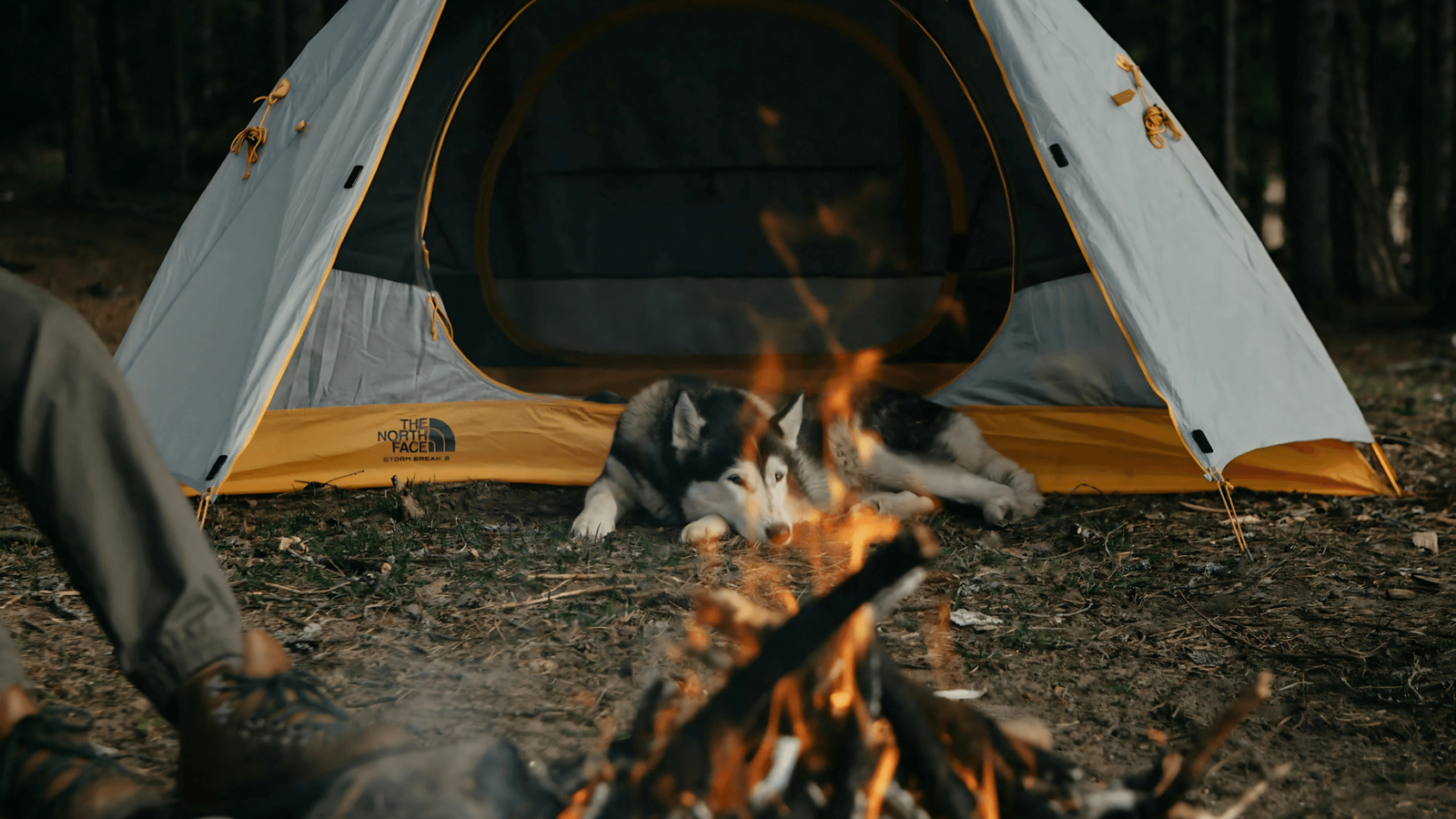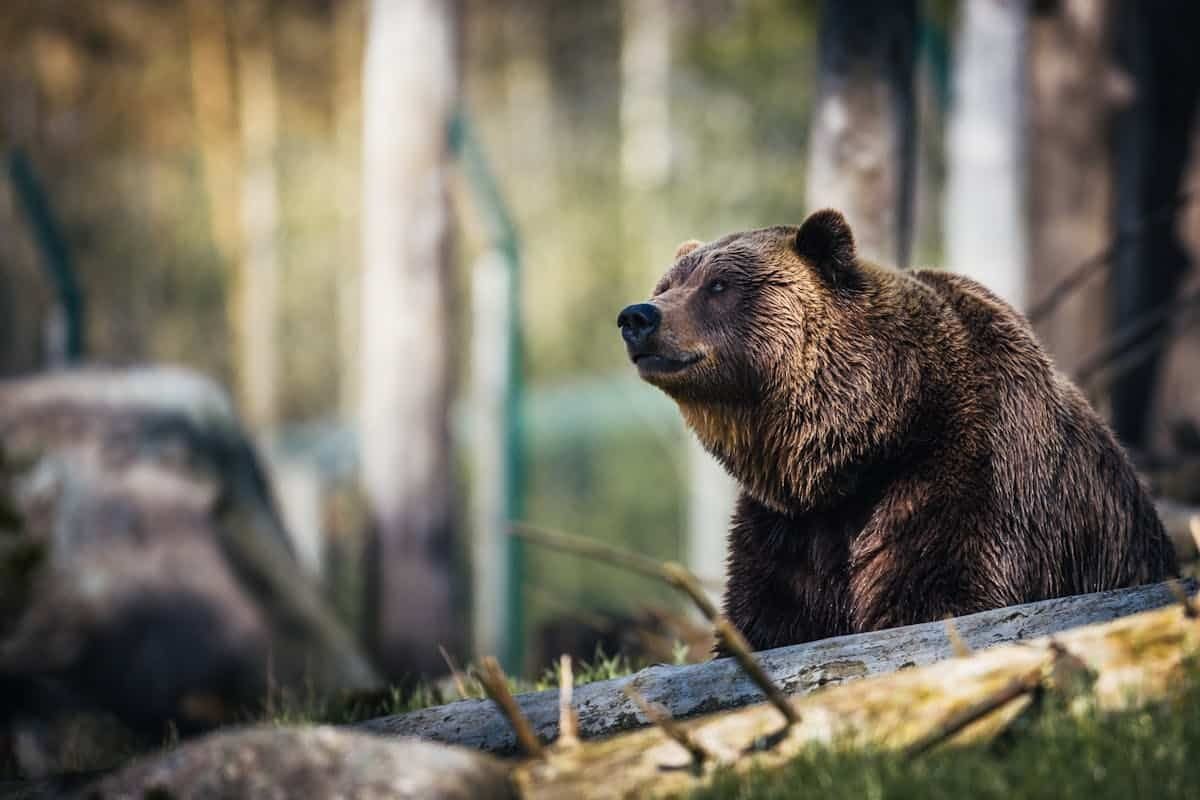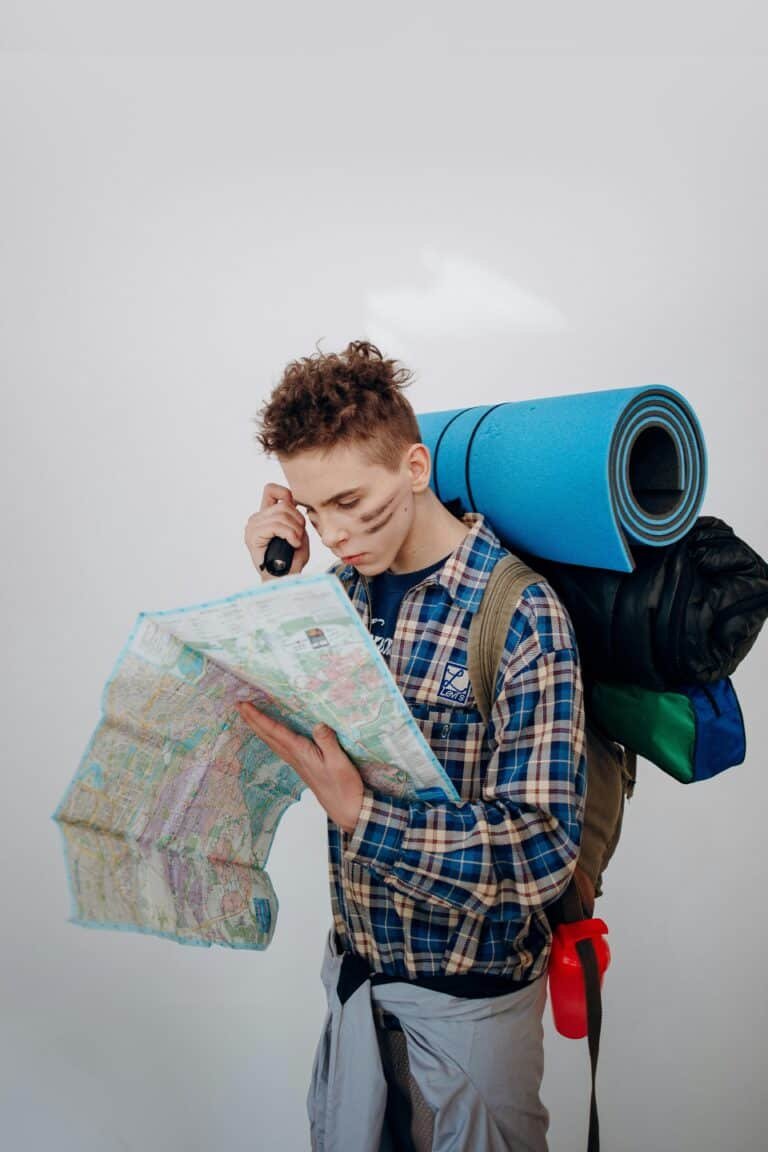
Camping is one of the most rewarding ways to connect with nature, unwind, and create lasting memories. However, the great outdoors can also present unexpected challenges and risks. Whether you’re a seasoned camper or a first-timer, knowing how to stay safe is crucial for a worry-free adventure. In this guide, we’ll share essential Camping Safety Tips to help you prepare for anything Mother Nature throws your way. We’ve covered you, from wildlife encounters to fire safety and first aid. Let’s dive in!
How to Stay Safe While Camping.
Safety should always be your top priority when camping. Here’s how to ensure a secure and enjoyable trip:
- Plan Ahead: Research your destination, check the weather forecast, and familiarize yourself with local wildlife and regulations.
- Share your itinerary: Let someone know where you’re going and when you plan to return.
- Pack a Safety Kit: Include essentials like a first aid kit, flashlight, whistle, and multi-tool.
Pro Tip: Always bring a physical map and a compass with you, even if you’re depending on GPS for navigation. While modern technology can sometimes falter, the fundamental skills of navigating with a map and compass are invaluable and never go out of style. Being prepared with these classic tools can ensure you’re never lost, no matter what challenges arise.
Wildlife Safety Tips for Campers.

Experiencing wildlife during a camping trip can be one of the most thrilling aspects of the adventure, offering a glimpse into nature’s wonders. However, it’s crucial to prioritize your safety while enjoying these encounters. Here are some essential guidelines to help you navigate interactions with wildlife and ensure a secure and memorable camping experience.
- Store Food Properly: Use bear-proof containers or hang food from a tree at least 10 feet off the ground and 4 feet away from the trunk.
- Keep Your Distance: Observe animals from afar and never approach or feed them.
- Make Noise: While hiking, talk or clap to avoid surprising animals like bears or mountain lions.
Essential Advice: When exploring regions known for high bear activity, carrying bear spray with you is crucial. Please familiarize yourself with its proper usage to ensure you’re prepared for unexpected encounters with wildlife. This proactive measure can be vital for your safety and for protecting bears in their natural habitat.
campfire safety tips for beginners.

A campfire is essential to the camping experience, providing warmth, light, and a gathering spot for storytelling and cooking. However, it comes with inherent risks that require careful management to ensure safety. To enjoy the warm, crackling flames safely, ensure we do it responsibly! It’s essential to follow these guidelines:
- Choose the Right Spot: Use designated fire rings or pits and keep fires at least 15 feet away from tents, trees, and flammable materials.
- Keep It Small: A small fire is easier to control and less likely to spread.
- Never Leave It Unattended: Always supervise your fire and keep water or a shovel nearby to extinguish it.
Expert Tip: Before you pack up and leave your campsite, fully extinguish your fire. Begin by pouring generous water over the flames, ensuring every area is soaked thoroughly. Then, stir the ashes using a sturdy stick or shovel to allow any remaining embers to cool completely. This will help ensure that your campsite is safe and free from any risk of rekindling.
First Aid Tips for Campers.
Even the most seasoned campers can be in unexpected situations, as accidents can occur anytime. You must be prepared to ensure your safety and the well-being of those around you. Here are some crucial first-aid tips to keep in mind during your camping adventures:
- Pack a Comprehensive First Aid Kit: Include bandages, antiseptic wipes, pain relievers, tweezers, and personal medications.
- Know Basic First Aid: Learn how to treat cuts, burns, sprains, and insect bites.
- Stay Hydrated: Dehydration can lead to serious health issues, so drink plenty of water.
Before embarking on your journey, consider enrolling in a first aid course. Not only will this enhance your confidence in handling unexpected situations, but it will also equip you with vital skills that can be invaluable during your travels. By learning life-saving techniques and emergency response strategies, you’ll feel more prepared and capable, allowing you to enjoy your trip with greater peace of mind.
Camping Safety Tips to Avoid Weather Fluctuations.
The weather in the great outdoors can shift unexpectedly, transforming a sunny day into a stormy one in the blink of an eye. Therefore, being well-prepared for any scenario is crucial, as is ensuring you have the right gear and mindset to adapt to whatever nature throws your way.
- Check the Forecast: Review the weather forecast for your destination before heading out.
- Pack for All Conditions: Bring layers, rain gear, and extra socks to stay dry and warm.
- Seek Shelter: If a storm rolls in, retreat to your tent or a sturdy shelter until it passes.
Pro Tip: When camping during stormy weather, you must avoid setting up your tent beneath tall trees. While these majestic trees are beautiful, they can pose a considerable risk during thunderstorms due to falling branches and the possibility of lightning strikes. Instead, choose a more sheltered location to ensure your safety and enjoy peace of mind in unpredictable weather conditions.
Food Storage Safety While Camping.
When embarking on a camping adventure, it’s essential to prioritize food safety to prevent spoilage and protect against foodborne illnesses. Properly storing your food not only keeps your meals fresh but also helps to manage wildlife encounters. Here’s how to do it effectively:
- Use Airtight Containers: Store food in sealed containers to keep it fresh and prevent spills.
- Keep Food Away from Wildlife: Store food in bear-proof containers or hang it from a tree.
- Clean Up Thoroughly: Wash dishes and dispose of food waste properly to avoid attracting animals.
Pro Tip: Pack meals in portion-sized containers to minimize leftovers and waste.
How to Avoid Common Camping Hazards.
Camping comes with its share of risks, but many can be avoided with a bit of caution:
- Watch Your Step: Uneven terrain, roots, and rocks can cause trips and falls. Wear sturdy footwear and use a walking stick if needed.
- Be Cautious with Tools: Handle knives, axes, and other tools carefully to avoid injuries.
- Stay Hydrated and Rested: Fatigue and dehydration can impair judgment and increase the risk of accidents.
Pro Tip: When choosing a spot to pitch your tent, choose a location well away from established trails and nearby water sources. This precaution minimizes the chances of unexpected encounters with wildlife, such as curious bears or deer, as well as other campers passing by. By setting up your tent in a more secluded area, you’ll enhance your camping experience by enjoying greater peace and privacy in nature.
Camping Safety Gear You Need.
The right gear can make all the difference in an emergency. Here’s what to pack:
- First Aid Kit: For treating minor injuries and illnesses.
- Flashlight or Headlamp: For navigating in the dark.
- Whistle: This is for signaling help if you get lost.
- Multi-Tool: For repairs and emergencies.
Pro Tip: Before embarking on your adventure, take the time to test all your gear thoroughly. Check each item to confirm that it’s functioning correctly and ready for your trip, ensuring everything from your backpack to your camping stove performs as expected. This extra step will help you avoid any surprises in the great outdoors.

Water Safety Tips for Camping.
Clean water is essential for drinking, cooking, and hygiene. Here’s how to stay safe:
- Bring Enough Water: Pack at least 2 liters per person per day.
- Purify Natural Water: Use a water filter, purification tablets, or boiling to make water from streams or lakes safe to drink.
- Stay Hydrated: Drink water regularly, even if you don’t feel thirsty.
Pro Tip: It’s essential to avoid drinking untreated water, as it can harbor harmful bacteria, viruses, or parasites that pose serious health risks. Ensure your water is adequately filtered or boiled before consumption to safeguard your well-being.
How to Stay Safe in Remote Camping Areas.
Embarking on a remote camping adventure provides a unique opportunity to immerse oneself in the tranquility of nature, where solitude reigns, and breathtaking landscapes unfold. However, this serene experience comes with the responsibility of taking additional precautions to ensure safety and preparedness in the wild.
- Know Your Limits: Don’t push yourself too hard, especially if you’re new to remote camping.
- Carry a Satellite Phone: In areas with no cell service, a satellite phone can be a lifesaver in emergencies.
- Leave No Trace: Respect the environment by packing out all trash and minimizing your impact.
Pro Tip: Research the area thoroughly and bring a detailed map or GPS device.
Conclusion.
Camping is an incredible way to experience the beauty of nature. Still, it’s essential to prioritize safety. By following these camping safety tips, you can minimize risks and focus on enjoying your adventure. From preparing for wildlife encounters to mastering fire safety and first aid, being prepared is the key to a successful trip. So pack your gear, plan, and prepare for a safe and unforgettable outdoor experience. Happy camping!
Want to make your first camping trip a success? Get expert tips and essential advice in First-Time Camping Tips: Your Ultimate Guide to Adventure!




